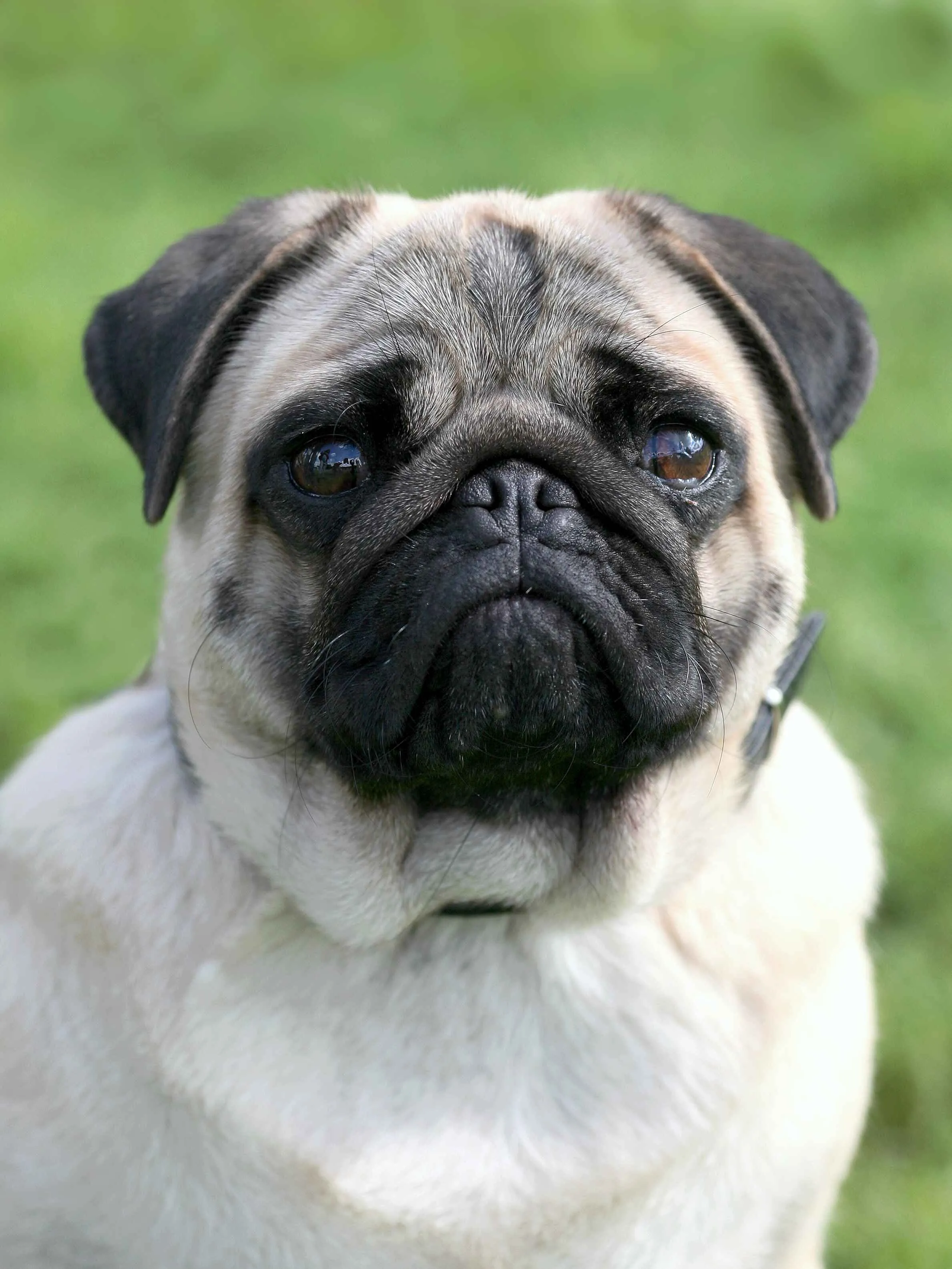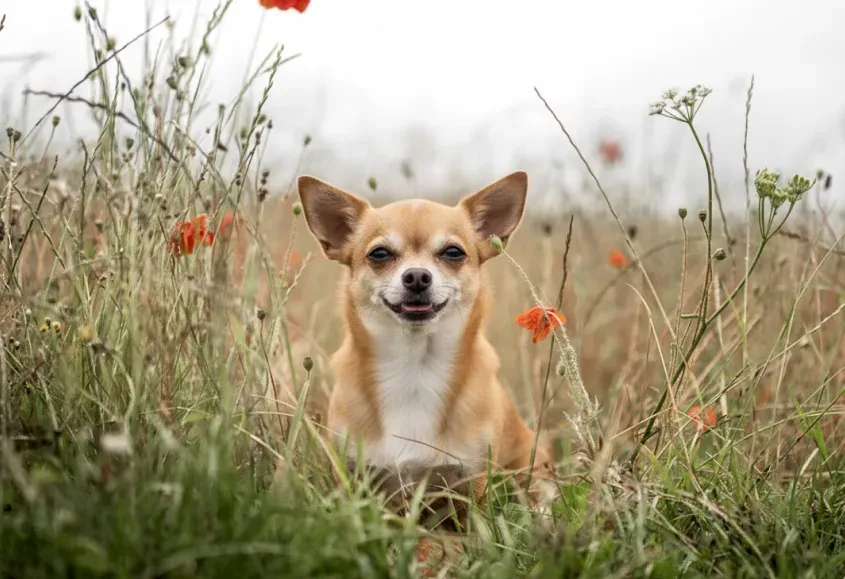All Pets
Dogs
Cats
Birds
Fish
Media
Rescue & Shelters
Pet Services & Shops
Happy Mart
Events
T-Shirts
Home
/
Dog Breeds
/
Pekingese
Pekingese
Origin
China
Size
Small Breed
Ideal Space
Apartment
Ideal Weather
15º-25ºC
Life Expectancy
12-14 years
Cost of buying
₹ 15,000 - ₹ 50,000
Top 5 Traits
Intelligent
Fearless
Loyal
Playful
Protective
Avg Monthly Expenses
₹ 3,300 - ₹ 5,400





Introduction to the Pekingese Dog
Characteristics
Barking
Quiet
Loud
Temperament with Kids
Aggressive
Friendly
Playfulness
Silent
Very Playful
Friendliness
Not Friendly
Super Friendly
Compatibility with other dogs
Aggressive
Friendly
Need for attention
Independent
Very Needy
Monthly Expenses

Pekingese price range
Cost of buying
₹ 15,000 - ₹ 50,000
Prerequisites to pet a Pekingese
Access to Veterinary
Appropriate Climate
Financial Capability
Space and Environment
Willingness to train
Access to Groomer
Time and Effort
Shop or Adopt a Pekingese: Make A Better Choice!
Nutritional Care for Pekingese
Monthly Food Expenses
₹ 1,200 - ₹ 1,800
Calories per day
Puppies: 600 kcal
Adults: 300 kcal
Essential Nutrients
Protein
Fats
Carbohydrates
Fibre
Vitamins
Minerals
List of foods
Dry Dog Food
Fresh Meat
Vegetables
Fruits
Chicken
Breakdown of Macro-nutrients
Best Foods for a Pekingese
Foods to Avoid for Pekingese
Avoid anything with these ingredients
Alcohol
Almonds
Avocados
Cherries
Cinnamon
Coffee / Tea
Dairy
Grapes
Fruit seeds
Lemon
Milk Products
Mushrooms
Onions
Salt
Sugar

Healthcare Tips for a Pekingese
Avg Monthly Expenses
₹ 900 - ₹ 1,800
Common Health Issues
Bloat
Hip Dysplasia
Parasites
Canine Influenza
Parvovirus
Rabies
Kennel Cough
Well being
Exercise
Bonding
Games
Socialization
Agility Training
Energy Level
Low
Exercise routine
20 - 40 minutes
Recognising Stress
Changes in appetite
Excessive Barking
Reluctance to move
Decreased play
Increased laziness
Pacing
Common Health Issues in Pekingese
Vaccination details
Growth Stage
Core Vaccines
6-8 Weeks
Distemper, Parvovirus, Hepatitis, Parainfluenza
10-12 Weeks
Distemper, Parvovirus, Hepatitis, Parainfluenza
14-16 Weeks
Rabies
Caring for a Senior Pekingese

Grooming Guide for Pekingese
Avg Monthly Expenses
₹ 1,200 - ₹ 1,800
Shedding Level
Moderate Shedding
Hygienic Checklist
Brushing
Bathing
Eye Care
Nail Trimming
Ear Cleaning
Teeth Care
Benefits of Grooming
Cleanliness
Quality of life
Low Shedding
Odourless
Prevents Bad Breath
Prevents infections


Written by
Happy Pet Team
Author
Compare with similar breeds
Frequently Asked Questions
Are Pekingese easy to train?
Training Pekingese can be challenging due to their stubborn and independent nature. But they can learn commands with patience, consistency and positive reinforcement. Good behaviour requires early socialization.
How often should a Pekingese be groomed?
Brushing the thick double coat several times a week is necessary to prevent mats and tangles. They also require regular baths, nail trimming, and eye and ear cleaning to keep them healthy.
What are common health problems in Pekingese?
Because of their short muzzle, Pekingese are prone to breathing difficulties known as brachycephalic airway syndrome. They are also prone to eye problems and skin problems. Proper care, along with regular visits to the vet, can help control these issues.
Can Pekingese handle hot weather?
Due to their short snouts and thick coats, Pekingese do not tolerate heat well. They should be kept in a cool environment, given plenty of water, and not be over-exerted in hot temperatures.
Are Pekingese good with children?
Pekingese aren’t the best for households with small children since they don't like rough play. They are best suited for a family with older kids or adults who want a calm environment.
Do Pekingese get along with other pets?
Sometimes they can be selective towards other animals, often choosing their own breed. But socialized early, they can learn to live peacefully with other pets.











